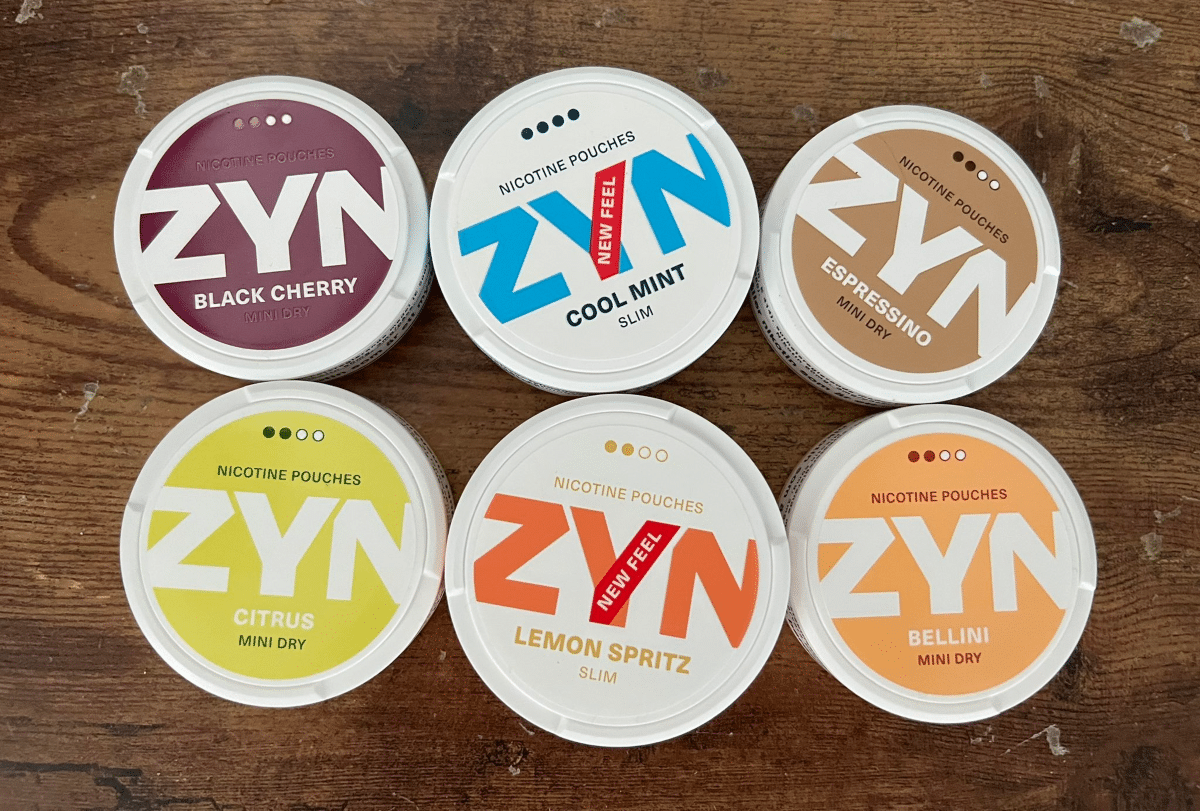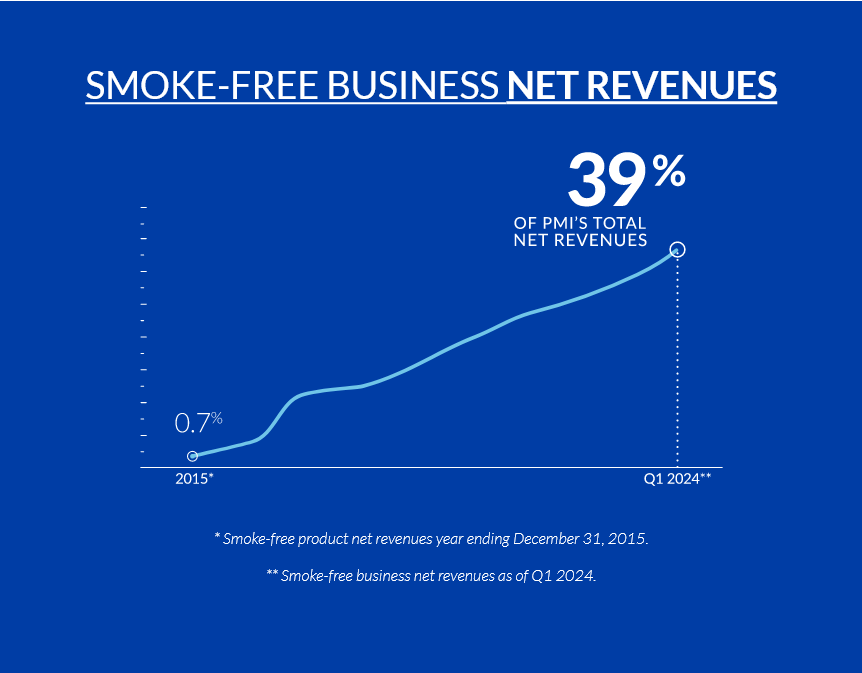Nicotine pouches, a popular alternative to smoking, have become tremendously popular over the last few years. Zyn, which is produced by global tobacco and cigarette giant Philip Morris, is among the most popular brands of nicotine pouches, and it is facing a supply crunch in the US.
Zyn demand has soared, thanks to an unofficial army of so-called “Zynfluencers” that promote the brand on various social media platforms with memes of all kinds. However, the product’s shortage as well as growing popularity raises some serious questions and many are calling for stricter regulation of the product.

Philips Morris acquired the Zyn brand in 2022 when it took over smokeless tobacco maker Swedish Match for $16 billion. It currently produces Zyn only at its plant in Owensboro, Kentucky, and says that the product shortage is not expected to be resolved in 2024. Zyn shortage is leading to hilarious memes, with social media users terming it as “Zyndemic” or “The Great Zynpression.” However, beyond the memes are real concerns over the product’s rising popularity including among teenagers.
On its home page, Zyn warms that “nicotine is an addictive chemical” and wants users to go through an age verification process before they enter the website. However, several people below 21 are also using the product, contrary to what the company might claim.
Smokeless Tobacco Products Are Getting Popular
The Centers for Disease Control and Prevention estimates that 2.1% of US adults use smokeless tobacco products, but it does not provide a breakup for nicotine pouches. No wonder these products are a key growth area for tobacco giants. Smoke-free products made up 39% of Philip Morris’ revenues in Q1 2024.
Zyn’s contribution has increased significantly in the last decade, and these products accounted for less than 1% of its revenues in 2015. Zyn is also a more profitable product for Philip Morris as compared to cigarettes whose volumes have been on a decline anyways.
In Q1 the Zyn shipments grew 80% to 132 million units. The company said that it expects to ship 560 million Zyn cans in the US in 2024. In response to an analyst question on the shortage of Zyn, Philip Morris CFO Emmanuel Babeau pointed to the strong shipment growth and added “that is indeed creating some tensions on the supply chain without any doubt.”
While Babeau said that out of stock is not “the proper word” he would use for the supply situation, he added, “I think that maybe some time a reference is not going to be available. Not everything is going to be fully available in the range at a certain point in time.”
Zyn’s Shortage is Worsening Leading to Hilarious Memes
Meanwhile, Zyn’s shortage seems to be worsening since the time Philip Morris released its Q1 earnings in late April. Several retail shops have run out of stock, leaving buyers scrambling to secure supplies. Fortune reported “A worker at a wholesaler that distributes tobacco products in a southern US state, who asked not to be named in order to not put the company’s distribution license at risk, said the problem has been ongoing for weeks and it’s just now starting to be seen at the retail level.”
Forget the bird flu, a national emergency needs to be called over this Zyn shortage!
— The Kino Corner (@thekinocorner) June 5, 2024
Social media is full of memes about Zyn shortage with some users even recommending a national emergency to be called over the issue. Joe Weisenthal, the co-host of “What’d You Miss?” on Bloomberg Television and an editor at Bloomberg Markets, took a swipe at Philip Morris adding a new US factory for Zyn terming it the “American industrial renaissance.”
We love to see an American industrial renaissance https://t.co/jIfovw7qIj pic.twitter.com/N4D96xA8Ia
— Joe Weisenthal (@TheStalwart) June 7, 2024
Other Nicotine Products Are in Abundant Supply
According to Nicokick, there is a nationwide shortage of Zyn in the US. The website says, “In the meantime, we’ve had to limit ZYN-only orders to 15 cans every 30 days to ensure as many ZYN customers as possible can get their hands on their preferred products (right now selling for $4.44 per can). We’re in close dialogue with the manufacturer and will be able to relax these caps as our supply levels continue to improve.”
The website adds that there is no shortage of brands other than Zyn and lists alternatives to the product. These include Velo, made by British American Tobacco, and On!, made by Altria Group. For Philip Morris, the shortage of Zyn could mean that some customers shift to alternative brands which seem to be in abundant supply.
Zyn accounted for over a quarter of US smokeless tobacco sales in the two weeks ended June 1, according to a Goldman Sachs analysis of Nielsen data. The share has come down slightly compared with 26.8% in the two weeks ended April 6, likely due to Zyn’s supply shortage.
Nicotine Products Are Far From Risk-Free
It’s important to remember that Zyn, like all nicotine products, is not risk-free. Many reports show that children below the legally mandated age of 21 are also using the addictive product regularly. Also, many Zyn consumers were not smoking before they started using it and some were pushed into the product through social media accounts promoting the product.
Observers are comparing the growing sales of these nicotine products to that of Juul vapes which were famously popular with children, roping them into nicotine addictions for years. The Biden administration banned Juul in 2002, but the US Food and Drug Administration subsequently rescinded its marketing ban.
According to Vaughan Rees of Harvard T.H. Chan School of Public Health while Zyn has “significantly lower health risks than smoking,” “Teens and young adults who do not smoke or vape should avoid this product.” However, Zyn is not being used for what it is meant for – helping people quit smoking – and instead, a lot of young nonsmokers are using these pouches for the rush alone.
Senate Majority Leader Chuck Schumer has Waged a War Against Zyn
Senate Majority Leader Chuck Schumer, who previously fought for tobacco regulations and e-cigarette bans in schools, now sees Zyn as his next battleground and has called for federal action against the popular product.
Terming Zyn a “pouch packed with problems” Schumer said earlier this year “I’m delivering a warning to parents because these nicotine pouches seem to lock their sights on young kids—teenagers, and even lower—and then use the social media to hook them.”
Overall, while nicotine products like Zyn were supposed to be a “lesser evil” and help people quit smoking, they seem to be creating a new problem by leading to nicotine addiction among youngsters, including those who don’t otherwise smoke.

